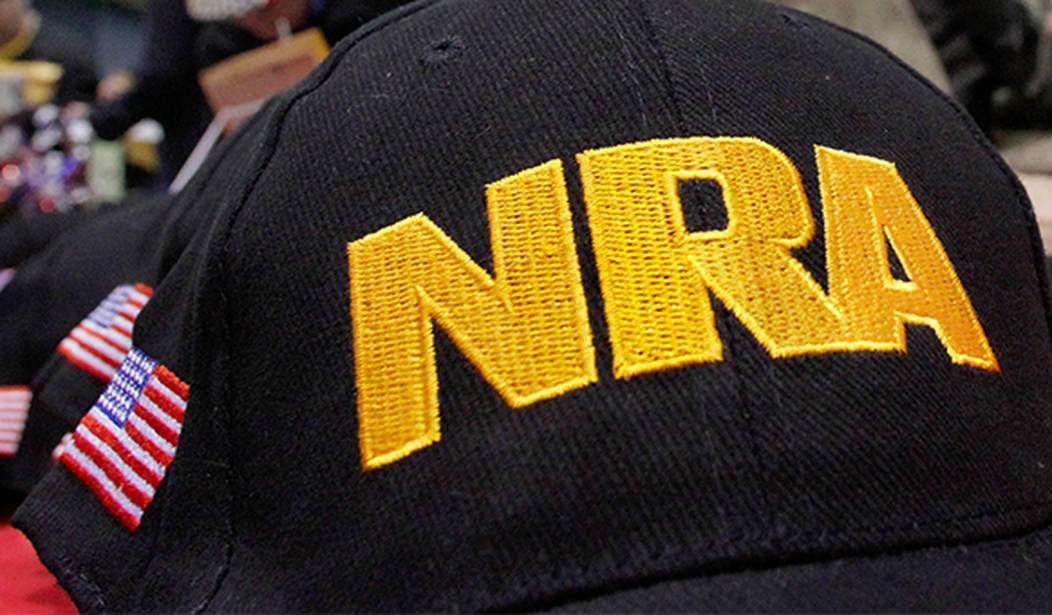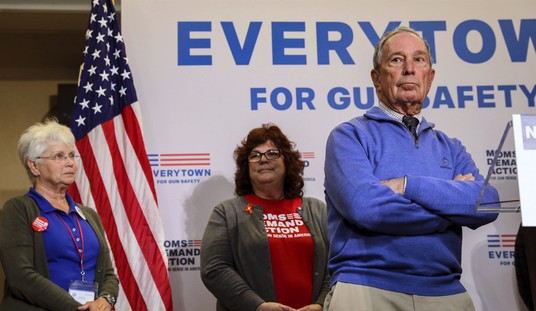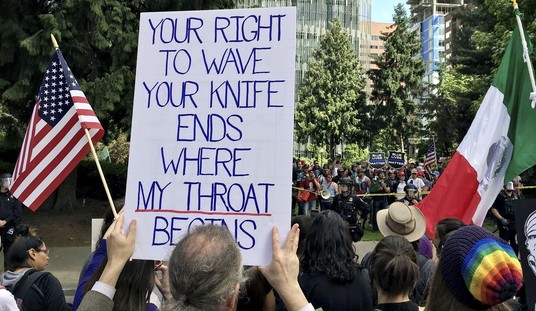New York Attorney General Letitia James ran for office vowing to take down the NRA, and she’s done her best since her election in 2018 to fulfill that campaign promise. But while James has uncovered plenty of evidence detailing misspending and misuse of NRA money by top executives (including Executive Vice President Wayne LaPierre) going back a number of years, the anti-gun Democrat isn’t going to be satisfied until she’s actually dissolved the 150-year old organization.
On Friday, however, a federal judge questioned whether that was necessary (note that the story linked is from Bloomberg, so expect some bias in its reporting).
“The question is why can’t the two be separated?” Manhattan state court judge Joel M. Cohen asked at a Friday hearing over an NRA motion to dismiss the suit. “Why can’t you address the financial issues without dissolving the entire entity?”
New York Attorney General Letitia James sued the gun-rights group late last year alleging it violated state laws governing charitable organizations by using donated funds to enrich longtime leader Wayne LaPierre and other executives. The NRA was founded in New York in 1871.
Jonathan Conley, a lawyer in James’s office, said at the hearing that New York law governing charities must be respected.
“The NRA has had numerous opportunities over several years — with red flags being presented — to correct its operations and it has over and over again elected not to do so,” Conley said.
According to the Bloomberg report, the judge seemed less than impressed with that argument. If the problems within the NRA lie with its upper management, then how would its millions of members benefit from the entire organization being dissolved?
But Cohen repeatedly asked Conley how the public would be served by dissolving the NRA rather than changing the “very small core” of management accused of wrongdoing. Conley agreed the NRA’s alleged actions were the result of “entrenched management.”
“Entrenched management in my experience never removes itself,” the judge said. “That’s what entrenched means.
Now, the real answer to the judge’s question is that James believes that the public would be served by shutting down the NRA because the organization lobbies and litigates for people to be able to exercise their right to own and carry guns. But given the fact that we’re talking about a constitutionally protected (if not Democratically respected) right, that argument won’t fly in a court of law, even in Manhattan.
Instead, James’ office argues that the only way to punish those who misused donations and organization assets is to consign the NRA to the dustbin of history; legally dissolving the organization and “recouping” as much of the NRA’s assets as she can.
I’m not aware of any NRA members that have actually asked for that to happen. Instead, we’ve seen attempts by members to intervene in the case in order for rank-and-file members to try to reform the organization. Unfortunately, the same judge that seemed skeptical about the New York AG’s argument today tossed out that request by NRA members back in September.
The NRA members’ attorneys asserted the group’s 5 million members nationwide were entitled to take control of the organization as prosecutors pursued its longtime leader Wayne La Pierre and his co-defendants with an eye to the group’s demise.
“In any sane situation, (LaPierre and the NRA’s leaders) would be asked to step aside until they cleared their names,” said attorney Francois Blaudeau, who represented the two NRA members and a third unidentified member of the group’s board of directors.
Instead, it was business as usual in the NRA, with LaPierre continuing to run the operation and its members facing an uncertain future, Blaudeau said.
“You would have to have blinders on and a sack over your head to believe the (NRA) board is making decisions without input from Mr. LaPierre,” he added. “… You can’t leave the fox in the hen house when the fox is killing the chickens.”
Cohen, unmoved, noted the petitioners lacked by a wide, wide margin the 5% of NRA membership involvement needed in such cases.
One of the big problems with trying to rally NRA members behind an intervention is that the easiest and best way to communicate directly with members is through the NRA’s official channels. Those channels obviously aren’t open to those trying to replace top leadership with new blood, however, which made it nearly impossible to target NRA members and let them know about the push for rank-and-file reform and how to get involved.
Today’s hearing was over an NRA motion to dismiss James’ suit to dissolve the organization, and despite the judge’s seeming skepticism, I wouldn’t be surprised if he allows the lawsuit to proceed. That doesn’t mean that James will ultimately achieve her objective of dissolving the NRA completely, but I would be shocked if Cohen took that option off the table at the moment, even if there are millions of good reasons to do so.








